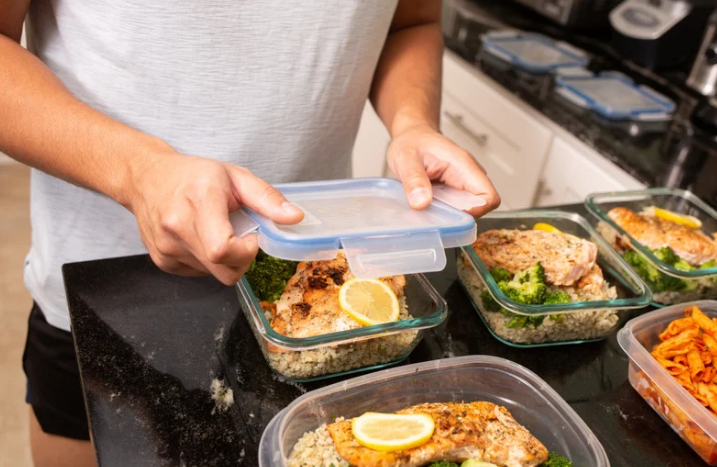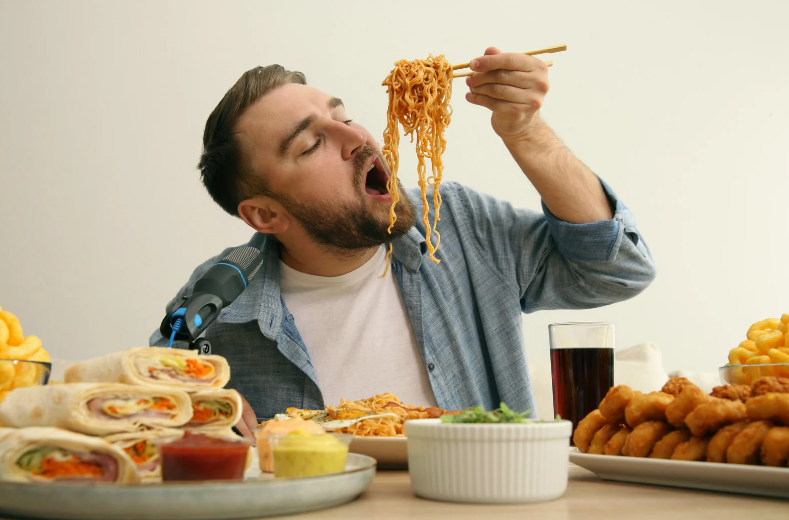As a health coach, one of the most common questions I hear is, “How many calories should I eat?” or “Are all calories the same?” To answer those questions, it helps to first understand what calories actually are—and how they work in your body.
What Is a Calorie?
Simply put, a calorie is a unit of energy. It measures how much energy a food provides when your body breaks it down. Your body uses this energy to perform every function—everything from breathing and digesting to walking, working out, and even thinking.
When you eat food, your body converts it into energy to fuel these processes. If you eat more calories than your body needs, the extra energy is stored, often as body fat. If you eat fewer calories than you use, your body taps into stored energy for fuel, leading to weight loss.
Where Calories Come From
Calories come from the three main macronutrients in food:
-
Carbohydrates – 4 calories per gram
-
Protein – 4 calories per gram
-
Fat – 9 calories per gram
Alcohol also provides energy at 7 calories per gram, but unlike the other macronutrients, it offers no essential nutrients and can interfere with metabolism when consumed in excess.
Not All Calories Are Created Equal
While calories measure energy, the source of those calories matters just as much as the amount.
For example:
-
200 calories from vegetables and lean protein will support energy, fullness, and blood sugar balance.
-
200 calories from sugary snacks will digest quickly, spike blood sugar, and leave you hungry again soon after.
That’s why focusing on nutrient-dense foods—those rich in vitamins, minerals, fiber, and antioxidants—is key to long-term health.
How Many Calories Do You Need?
Everyone’s calorie needs are different, depending on factors like:
-
Age
-
Sex
-
Activity level
-
Body composition
-
Metabolism
A general guideline:
-
Sedentary adults often need about 1,800–2,200 calories per day.
-
Moderately active adults may need 2,200–2,800.
-
Highly active individuals may need even more.
The best way to find your ideal intake is to notice how your body responds—energy, hunger, and mood are great indicators.
A Health Coach’s Perspective
Rather than fixating on numbers alone, I encourage clients to focus on quality, balance, and awareness.
-
Lean proteins (chicken, fish, tofu, beans)
-
High-fiber carbs (vegetables, fruits, whole grains)
-
Healthy fats (avocado, olive oil, nuts, seeds)
This approach naturally balances calorie intake while nourishing your body with what it truly needs.
The Takeaway
Calories are simply energy—but how you get them, and what you do with that energy, determines your health. By focusing on whole foods, mindful eating, and movement, you can create a natural balance that supports your goals without counting every bite.
This information is intended for general guidance. If you want to calculate your personal calorie needs, please consult a registered dietitian who can provide individualized recommendations based on your health goals and lifestyle.













